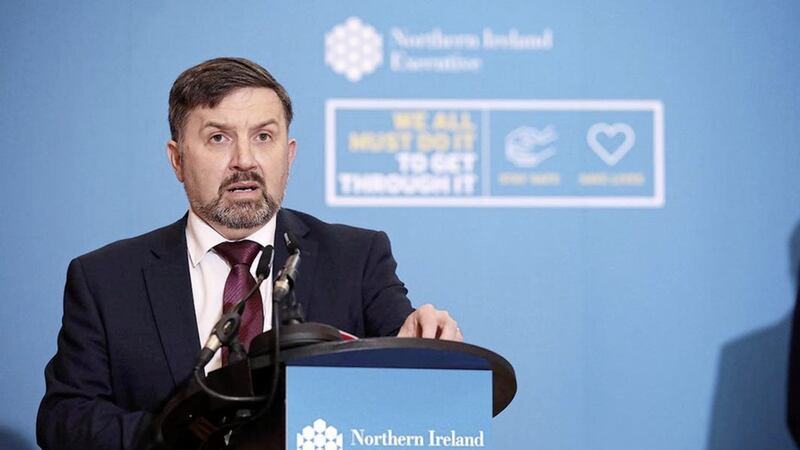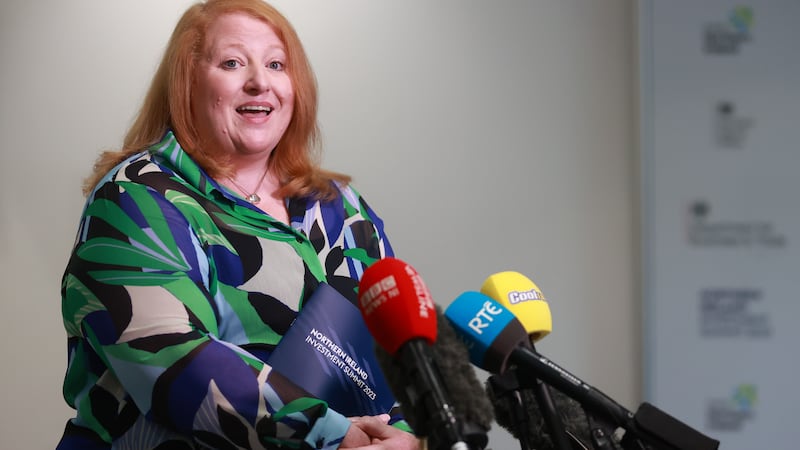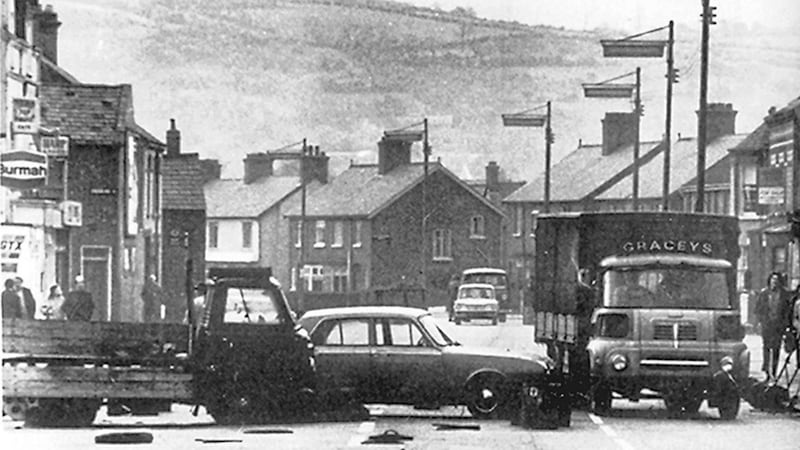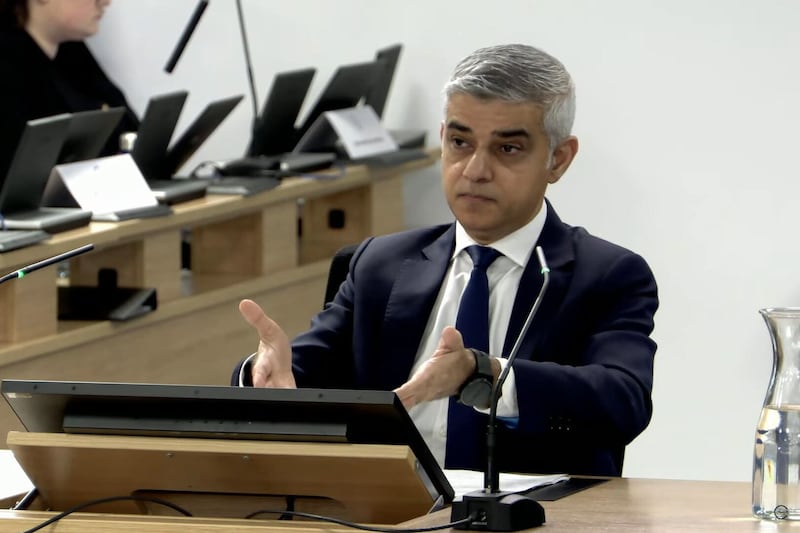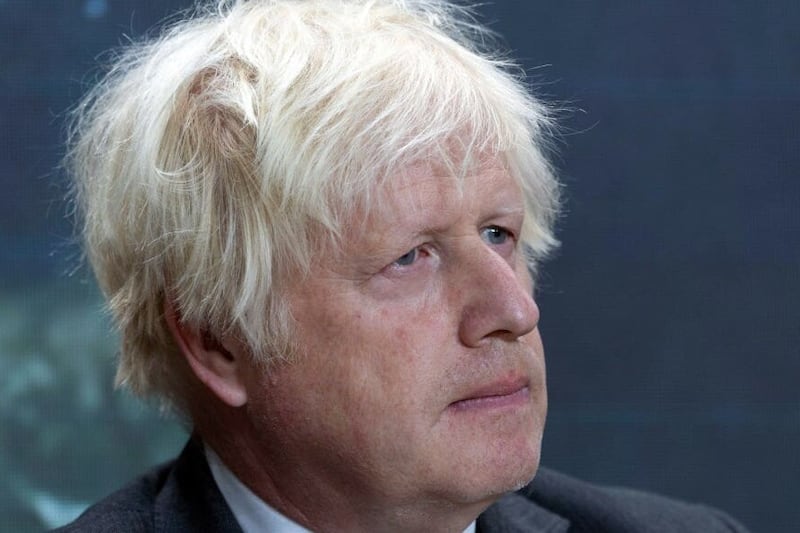NEW Year's Eve house parties will act as Covid 'super spreader' events and could cost lives, Robin Swann has warned.
Northern Ireland's health minister has issued a public plea urging people to obey stringent new six week lockdown restrictions which began on St Stephen's night.
Motorways and streets across the north were deserted on Saturday evening as a seven-day curfew came into force, with all household visits banned between 8pm and 6am in a bid to clamp down on festive gatherings. Exceptions apply for emergencies and health care provision.
Essential shops such as supermarkets must also close their doors between 8pm and 6am during the first week of lockdown.
Restaurants, bars and cafes can only operate take-away/delivery services while hairdressers and beauticians are among the non-essential businesses forced to shut until February.
No sporting activity is allowed at all during the first week of restrictions, but elite sport will be allowed to resume - without spectators - from January 2.
Travel is also severely restricted with people advised to only make essential journeys.
No updates were provided yesterday by the Department of Health on the number of new coronavirus cases and deaths, with the latest figures for Christmas Eve and Christmas Day confirming a further 20 fatalities and 998 people testing positive.
New information will be published later today.
In the week ending December 23, a total of 83 Covid related deaths were recorded. The total death toll for the north since the pandemic began is 1,260, according to the department.
Mr Swann said tough new measures were required to curb the spread of the virus and that additional police resources will be deployed this week to ensure compliance.
He added that the rollout of the vaccine will bring "renewed hope" but that "another huge collective effort across society" was required to push down infection rates.
"This will save lives and ease the pressures on our health service at this most challenging time," he said.
"I know how tough 2020 has been and how fed up we all are with this virus. But I am confident we can all pull together once again at this critical time.
"Please stay at home as much as possible. Please don’t be tempted to visit friends this week. It’s not just about complying with the regulations, it’s about keeping yourself and others safe.
"A New Year’s Eve house party would not just be against the law. It could be a super-spreader event, could leave people very seriously ill and could even cost lives.”
Executive ministers will review the lockdown after a month but it is expected to remain in place for the full six weeks.
Television and radio ads will run this week to re-enforce the 'stay at home' message.
Meanwhile, the Republic's health authorities yesterday announced the rollout of the Pfizer vaccination programme will begin tomorrow - a day earlier than planned.
Cases have rocketed in the south following the relaxation of its six-week lockdown at the beginning of the month, with 1,296 people testing positive on December 26. A further six deaths were also confirmed bringing its death toll to 2,200.
Mass vaccination across EU countries - a bloc of 446 million people - began early yesterday just hours after receiving their first consignment of the Pfizer doses.
Germany, Hungary and Slovakia were among the first to roll out the immunisation programmes.
The EU has secured contracts for more than two billion vaccine doses from a range of drug companies.
